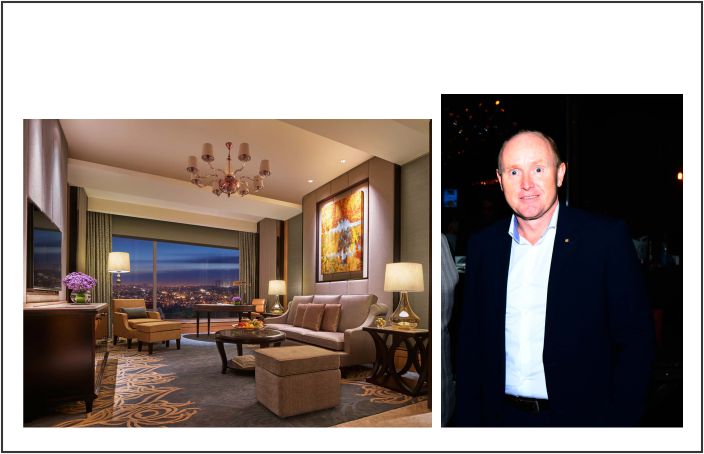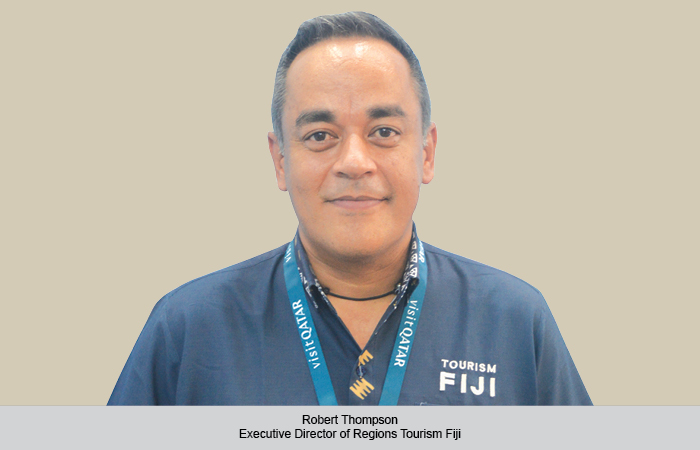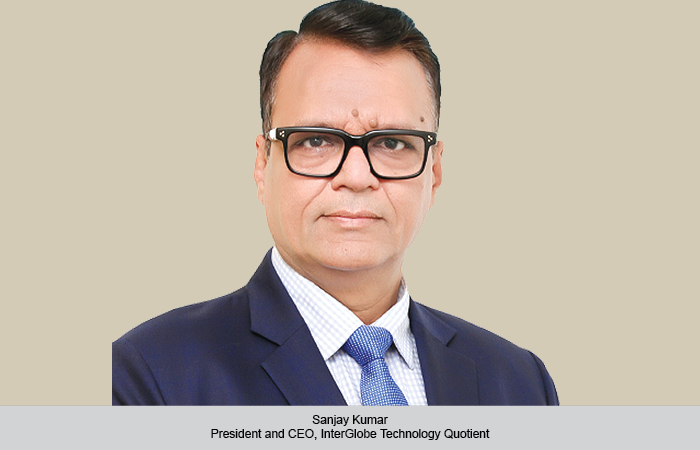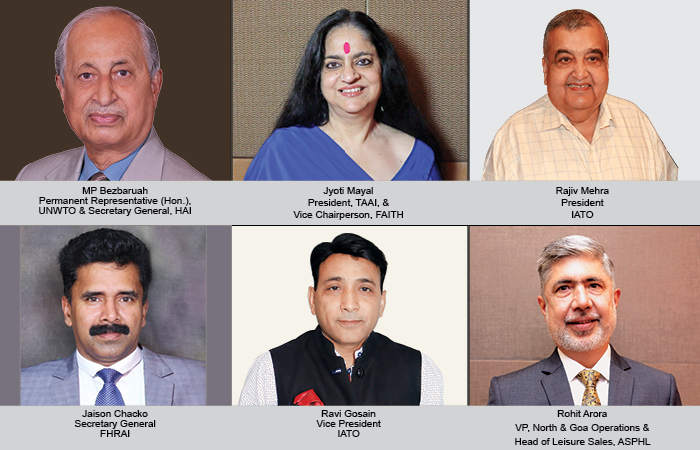Greg Ward, Vice President Sales—Shangri-La Hotels and Resorts with the responsibility for Europe, Middle East and India market, shares the upswing in the hotel’s performance in the past year compared to 2016 and its growth in the MiCE segment in the Asia Pacific region and Sri Lanka.
Kanchan Nath
What is your surmise of the Indian market?
I think the Indian market has tremendous potential. We have two hotels here – Shangri- La’s Eros Hotel, New Delhi and Shangri-La Hotel, Bengaluru. With a recent opening in Colombo and Hambantota, India is our number one market for Sri Lanka. We are investing heavily in relation to resorts and engaging with customers on a more regular basis.
We are looking at wherever the opportunities present themselves, in relation to metro cities and primary cities whether it’s a management or potential investment opportunity. We have multiple brands to cater to multiple areas – Shangri- La Resorts, Kerry Hotels and Hotel Jen. We also have a strong partnership here with Taj Hotels in relation to our loyalty programme. This is helping us gain more brand awareness in the Indian market.
Our objective now is to double our portfolio. We have always been lucky in all the major gateway cities in Europe – London, Paris and Istambul. We continue to expand in China, the Asia pacific region, and down to Australia too.
How has the year 2017 fared for you? What are the plans for 2018?
The previous year was fairly good as some hotels performed better than others. Some challenges cropped up due to various economic issues. Collectively in terms of occupancies, we are up to about 75-78 per cent. Delhi has been fantastic; the Food and Beverage operation is doing immensely well. essentially, Shangri – La Delhi is a brand-new product in many aspects. We have the largest rooms inventory in Bengaluru. The F&B offering in Bengaluru is also great. Thinking out-of-the-box on how we can really exceed customers’ expectations is our agenda for the year.
Our objective now is to double our portfolio. We have always been lucky in all the major gateway cities in Europe – London, Paris and Istanbul. We continue to expand in China, the Asia Pacific region, and down to Australia too
How has been the MiCE market for you?
We have seen a tremendous upswing in MiCE business in the Asia PAcific region and Sri Lanka. If you look at Shangri- la Singapore, we started from the MiCE capability there. For the MiCE market, we have a programme called the Events Collection, dedicated to the travel trade to encourage them to come and work with us. We recognise the relationship and work with a commissionable model. As we move forward, we are going to see how we can refine that more so. The trade to us is extremely important as a company. We are creating a balance in terms of the channels that are already out there. We work very closely with the airlines and tourism boards. The destination wedding market is also close to our heart within the MiCE space. We have identified with the hotels what the destination weddings are looking for. We also have drilled down the details of increased ‘safe capacity’ in the room, steam irons and ways to engage with customers from the wedding market. We have also recently launched our Shangri- La App to reach out directly to the consumers.
What about Airbnb and the shared economy?
People consider Airbnbs as disruptors, but I think, they are helping the industry to evolve. It’s not a revolution but an evolution, thereby allowing us all to look at our distribution platforms and notice the way we operate. There is still space in this market for Airbnbs of the world and the sharing economy. From the hotel point of view, we focus more on high-end areas. Currently, we are aware of them and developing our strategy to actually work with them. From a distribution point of view, we need to look closely at how we can get closer to build that long term relationship with our customer. The hospitality industry is, eventually, relationship driven.
What is new in terms of technology?
The dynamic side of the business is very important to us as many hotel groups have existed in the static world for a very long time. We are now evolving more so to a dynamic platform, but we realise that it cannot be done overnight. That will be a long-term strategy, allowing us to work more closely with our customers, give more parity and control in relation to our pricing in the market place, and allow us to be a little more transparent. That’s a key focus for us in 2018.
For the Indian market there is tremendous choice out there. We have entered the market with a great deal of commitment as well as investment. The leisure market we are breaking it down, so we work with the high net worth individuals (HNIs), traditional tour operators and travel agents. In the corporate side likewise, we have global relationships across the world with a presence in India. Looking at the outbound business from India, we are looking to support that though our existing destinations.
 TravTalk India Online Magazine
TravTalk India Online Magazine





